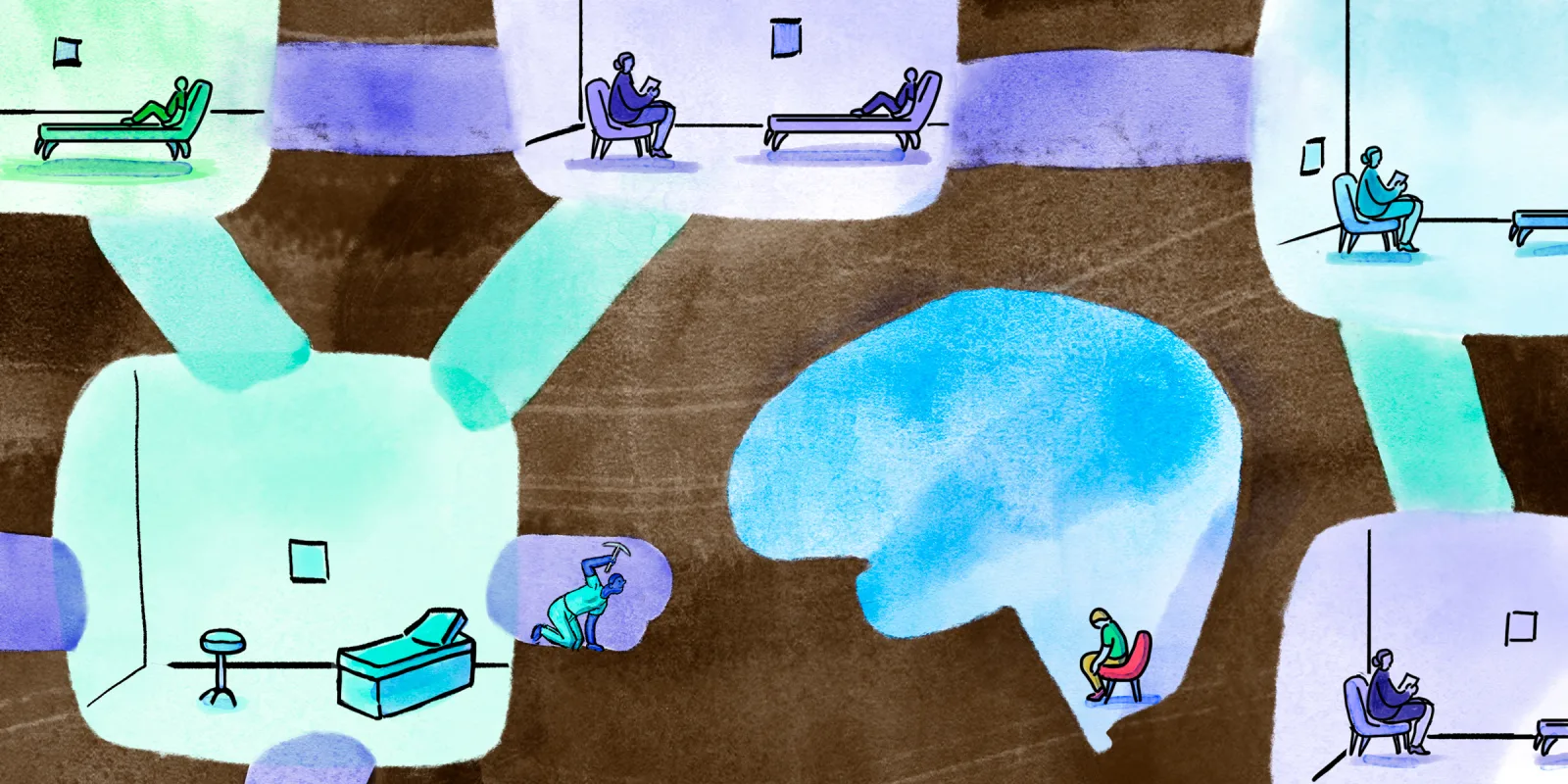The state of mental health care in the U.S. (and across the world) is tumultuous. There has been a surge of media coverage about the shortage of mental health professionals and clinicians, and the increasing number of patients who are in desperate need of care. The COVID-19 pandemic really highlighted this issue, with more and more people being diagnosed with depression and anxiety, including social anxiety. Those numbers remain high, and the available help has not risen to match the demand. So, with a dwindling population of psychiatrists, counselors, therapists, and other mental health professionals who are accepting new clients, don’t have a waitlist of six months or longer, and offer affordable payment options, we are faced with a tough question: Who can step up and bridge the gap?
One group of clinicians is tackling this question head on: primary care and family medicine doctors. During my time on the residency interview trail for family medicine, I became acutely aware of how PCPs were helping to carry the load of mental health care, oftentimes quietly and without any acknowledgement. Many of the programs I spoke with had an in-house behavioral health clinician who taught residents how to identify, treat, and manage common psychiatric concerns in the primary care setting. I had the opportunity to attend a lecture on depression in the primary care setting while on my sub-internship at St. Luke’s Anderson in Pennsylvania, and was surprised by the amount of information that family physicians have committed to learning about psychiatric care, especially regarding antipsychotic medications, cognitive behavioral therapy, and other forms of treatment. Though I was taken aback by the level of mental health care that PCPs provide in the office setting, I realized after some reflection that this may be the starting point for sustainable mental health care in a system that has long been on the verge of collapse.
Primary care is well poised to take on this role: The entire aim of primary care and family medicine physicians is to provide excellent care and ensure that there is continuity within it. This objective allows clinicians to develop long-lasting relationships with their patients that foster a sense of trust, respect, and safety, creating space for emotional vulnerability. Mental health is a critical extension to the holistic and full-body wellness that PCPs seek to maintain in their patients, so it makes sense for this work to be more readily and intentionally integrated into the primary care setting.
Of course, primary care and family medicine physicians cannot and should not replace psychiatrists. The field of psychiatry is robust, nuanced, and deserving of the experts who have dedicated their careers to it. Yet, as our collective mental health needs grow as a country, society, and international community, it is imperative that we expand our infrastructure and equip those in primary care to adequately address these needs. In doing so, we can slowly bridge the clinician gap and ensure that no patient is left behind due to preventable obstacles that we’ve already proven we can overcome with creativity, dedication, and commitment to the greater good.
I’d be remiss if I didn’t acknowledge that primary care and family medicine doctors are already under an immense amount of stress, and often with relatively poorer compensation for their efforts. If we are to call on the primary care setting to respond to this issue, we must provide dedicated resources, training, and legislative support to clinicians so they are truly able to provide this increased level of care. This is critical, not just in terms of addressing the mental health care gap today, but also in developing a sustainable system that allows all patients to be seen and heard by a clinician who is equipped to hold the many facets and medical complexities that make them who they are.
Further, calling on one existing group of clinicians to step up is not the only answer to the psychiatry shortage. With the rise in APPs, there is an opportunity to increase the number of jobs that are specifically dedicated to psychiatric care. In the age of COVID-19, telemedicine emerged as a largely private, accessible, and affordable option for patients to receive health care, including psychiatric. We can continue to utilize this new pathway by providing physicians and APPs with the monetary and infrastructure-related resources needed to sustain virtual care. In the long-term, we can advocate as a community and society for an expansion in residency training positions across specialties, including psychiatry, family medicine, internal medicine, etc., to augment the pipeline of physicians who are able to successfully matriculate into these fields and ultimately serve their communities. Finally, we can offer more robust and comprehensive psychiatric first-aid training in schools, universities, places of worship, businesses, and professional offices to equip everyday citizens with basic skills to support their loved ones and community members who may be experiencing a psychiatric challenge, crisis, and/or emergency. By implementing even just a few of these changes, we can accelerate our efforts to close the psychiatric care gap and provide the care that our patients have so desperately needed and deserved.
What solutions do you see to the psychiatric shortage? Share in the comments.
Najya A. Williams is a multidisciplinary artist, narrative medicine practitioner, and fourth-year medical student at the Lewis Katz School of Medicine. She is passionate about serving her community and intends to continue this work after graduation as a family medicine physician. You can learn more about Najya’s endeavors via her Instagram (@NajyaWilliams) and website (najyawilliams.com). Najya is a 2024–2025 Doximity Op-Med Fellow.
Illustration by Jennifer Bogartz







